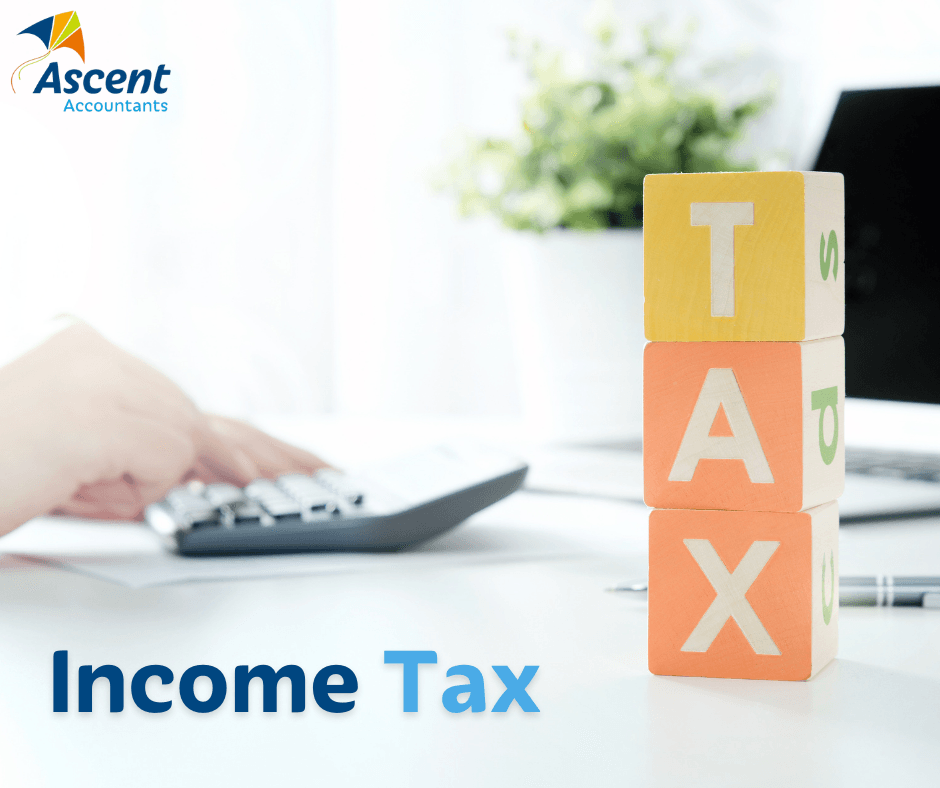Income Tax

Income tax consists of three main sectors:
1. Personal earnings
2. Business earning
3. Capital gains
Income tax is what is applied to an individual’s taxable income and is then paid on all forms of income.
Income that can be taxed includes:
- Employment
- Pensions and annuities
- Most government payments
- Investments
- Capital gains
- Income from trusts, partnerships or business
- Foreign revenue
Income that is not taxable:
- Lottery winnings and other prizes
- Small gifts or birthday presents
- Some government payments
- Child support
- The tax-free portion of your redundancy payment
- Government super co-contributions
Australia’s tax system is considered progressive as it aims to tax higher income earners more. The more you earn, the more you get taxed.
In a financial year, you can earn up to $18,200 and not have to pay tax, which is known as the ‘tax free threshold’. Anything after this amount, income tax rates will begin.
Income that is not taxable:
Income Threshold: $0 - $18,200
Rate: 0%
Tax payable on this income: NIL
Income Threshold: $18,201 - $45,000
Rate: 19%
Tax payable on this income: 19c for each $1 over $18,200
Income Threshold: $45,001 – $120,000
Rate: 32.5%
Tax payable on this income: $5,092 plus 32.5c for each $1 over $45,000
Income Threshold: $120,001 – $180,000
Rate: 37%
Tax payable on this income: $29,467 plus 37c for each $1 over $120,000
Income Threshold: $180,001 and over
Rate: 45%
Tax payable on this income: $51,667 plus 45c for each $1 over $180,000
*The above rates do not include the 2% Medicare Levy
The lowest rate you can contribute is 19% and the highest is 47%. Most Australians sit in the middle bracket.
For the most part, personal income tax is paid by your employer. They will generally subtract the required amount of tax out of an employee’s pay before it is even received, and then remits that amount to the ATO.
Temporary residents are also required to pay taxes on income earned in Australia, however they do so at a different rate to residents.
It is possible to reduce the amount of tax you pay. This is through tax deductions.
Some common tax deductions include:
- Work related expenses
- Self education expenses
- Charitable donations
- The cost of managing your tax (eg accounting fees)
There is also something called ‘tax offsets’, which can also be known as ‘tax rebates’. This directly reduces the amount of tax you’re required to pay.
Common tax offsets include:
- Low income and middle-income earners
- Taxpayers with an invalid relative
- Pensioners and seniors
- The taxable portion of a superannuation income stream
Taxes are so important. Without taxes, the government wouldn’t have the money they need to provide necessary services.
Need help with your accounting?








